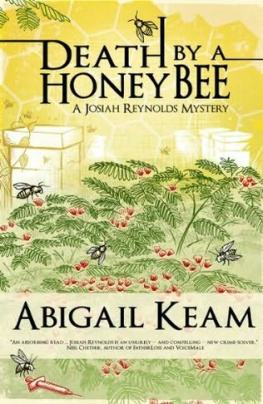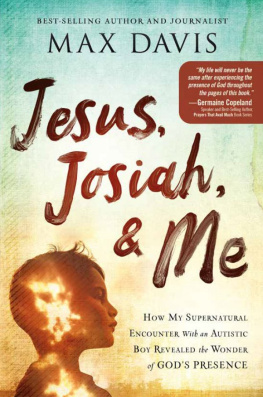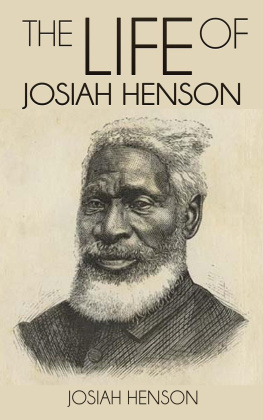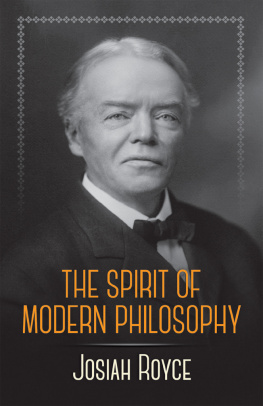Death By A HoneyBee
A Josiah Reynolds Mystery
Abigail Keam
Worker Bee Press
www.abigailkeam.com
Death By A HoneyBee
Copyright Abigail Keam 2010
ALL RIGHTS RESERVED
No part of this book may be reproduced or transmitted in
any form without written permission of the author.
Many sites in the book such as the Butterfly, Lady Elsmeres farm,
Bledsoe Bloodstock Inc., The Racetrack strip joint and the LETC plus
characters such as the victim, victims family, FBI agent, Racetrack
employees, farmers, police, lawyers, mysterious daughter, beekeepers,
cheating husband, neighbors, exotic dancers, nurses & etc. are fictional
and any similarity to any living person or physical place is just coincidence
unless stated otherwise.
Its not you. So dont go around town and brag about it.
Josiah Reynolds does not exist except in the authors mind.
ISBN 978-0-61534734-9
Published in the USA by

Worker Bee Press
P.O. Box 485
Nicholasville, KY 40340
Printed in the USA by Morris Publishing
3212 East Highway 30
Kearney, NE 68847
1 800 650 7888
For Peter,
who makes my life possible
The author wishes to thank
Deborah Struve and Phil Criswell
Who took the time to read the
unrevised ms and offered comments.
Thanks to Rebecca Webster and Diana Keam
for their encouragement.
Thanks to William OConnor MD, Professor of Pathology and Laboratory Medicine, UK College of Medicine, for letting me pick his brain at a dinner party.
Thanks to Gerald Marvel, General Manager of Spindletop Hall Inc., who gave me detailed information
and even made corrections on the Spindletop chapter for me.
www.spindletophall.org.
Thanks to glass artist Stephen Powell who consented to be a character. www.powellglass.com,
and Als Bar which consented to be used as a drinking hole
for my poetry-writing cop, Kelly.
And thanks to the Lexington Farmers Market,
which has given me a home for many years.
www.lexingtonfarmersmarket.com
Very special thanks to my mother, Mabel Louise,
for passing on her love of movies and reading to me.
Special thanks to Neil Chethik, best selling author, and
Author in Residence at the Carnegie Center for Literacy,
who kept pushing me forward. www.neilchethik.com
And to my editor, Brian Throckmorton,
for his corrections and insight into the characters.
I knew something was wrong as I turned the corner around the copse of black walnut trees where mourning doves roosted. The stillness of the gray-breasted birds perched in a dull slash on a tree limb contrasted with the clamorous buzzing of thousands of bees. As though readying for battle, their thundering racket was an alarm that meant danger to anyone or anything that chanced upon them in their harried state.
As a mother knows the meaning of her babys whimpering, so a beekeeper understands the droning of her bees. I thought an animal might have disturbed them a raccoon, or maybe a deer, had kicked over a hive. That alone would cause them to be anxious and making it difficult for me to work with them. I hurried past the vigilant doves, their heads swiveling in my direction. Coming around a hedge of honeysuckle, I encountered a six-foot-high wall of enraged bees hovering between their white hives and me, a glittering wave of golden insects ready to inflict painful stings on anything deemed hostile. Thank goodness I had worn my thick white cotton beesuit as honeybees hurled themselves at my veil in a panic. To be accosted this aggressively is unnerving even for the most experienced beekeeper. I felt my stomach muscles tighten. Talk about a gut feeling.
Babies, babies, I cooed. Settle down. Settle down.
Then I saw the source of their fear and revulsion. The metal cover from the most populous beehive had been heedlessly thrown on the ground, and wooden rectangle frames full of baby brood lay abandoned next to it. Thousands of young nurse bees frantically tried to protect this nursery full of eggs and wax-capped unborn bees by covering the frames with their bodies. This violation alone would make honeybees angry, but I saw that someone was bent over and plunged face down into the open hive, which made them even wilder. The persons arms hung down outside the hive. I noticed the fists were clenched.
What are you doing? I yelled, startled at the sight of a strange person with his head and shoulders inside one of my hives. Who are you? Get away from there! I stepped back waiting for a response.
My chest tightened. Hoping to stave off an asthma attack, I reached in my pocket for my abuterol spray, but realized my veil would stop me from getting the medicine to my mouth. I breathed more slowly. I inhaled the musky odor of the bees along with the heavy, cloying scent of honeysuckle hedges behind their hives. Somewhere in the distance I heard the growl of a tractor cutting sweet hay. I flinched at the sudden piercing call of a redwing blackbird.
I scanned the field for further danger. Other than a person sticking his naked head into one of my hives with eighty thousand bees dive-bombing him and me, nothing appeared different. The rest of the hives waited in line like
sailors standing at attention in their white uniforms. Bullets of reflected light darted back and forth from openings in the bottom hive boxes so quickly the human eye could barely register the tiny insects. Freshly mowed grass manicured the ground around the hives. Their water tank, full of hyacinths and duckweed, stood unmolested.
The intruder did not stir. Grasping a fallen branch from the ground along with my belching hive smoker thrust before me, I moved closer. Mister, I cried, MISTER! I assumed it was a he a heavy-set man with pale skin in beige corduroy pants and laced-up boots. I called again. Still, he did not budge.
My initial shock overcome, I realized he didnt seem to be breathing. Not a good sign . The bees covered him, pulling and biting at his neck, stinging his scalp and his back, furiously trying to evict him from their home. I inched closer. He looked stiff. I poked him with my branch. He didnt shift. I jabbed him again with the tree branch. Nothing.
Leaning over the body, I carefully swatted away the bees. Girls, girls, dont sting him. Its over. Dont waste yourselves, I whispered. Still the bees stung him and, by doing so, condemned themselves to death too. The mans neck swelled against his checkered shirt. I took off my glove to feel for a pulse but the bees swamped my hand, stinging furiously. I pulled away quickly. Merde! I exclaimed. I cradled my badly stung hand.
I walked away from the hives, yanking off my beekeepers hat and veil. I fumbled in my suit for my cell phone. My hands were shaking as I dialed 911. Police? You better come. I have a dead man in my beehive. Yes, that is correct.
He is lying face down in a beehive. I gave the police my name and address, clicked the phone shut and sat on the meadow grass waiting for the wail of the police siren. It seemed like a long time before they came.
My name is Josiah Reynolds. My maternal grandmother, who felt compelled to give biblical masculine names to the girls in her family, gave name to me. She said it was to make us strong. My mothers name was Micah. People always mistook her name for mica, a silicate mineral. However, I love my moniker, being named after a king.
For the past three years, I have made my living from working the land mainly beekeeping. My home is built on a cliff overlooking the forest-green, fast-flowing Kentucky River. Following the river east of my farm, Daniel Boone built Fort Boonesborough. North is Ashland, former estate of Henry Clay, the Great Compromiser and statesman who owned slaves; south lies White Hall, the haunted home to Cassius Clay, a distant cousin of Henrys who was a firebrand emancipationist. Legend has it that the moment Cassius Clay breathed his last, lightning struck Henry Clays towering memorial statue in the Lexington Cemetery, decapitating it.
Next page







